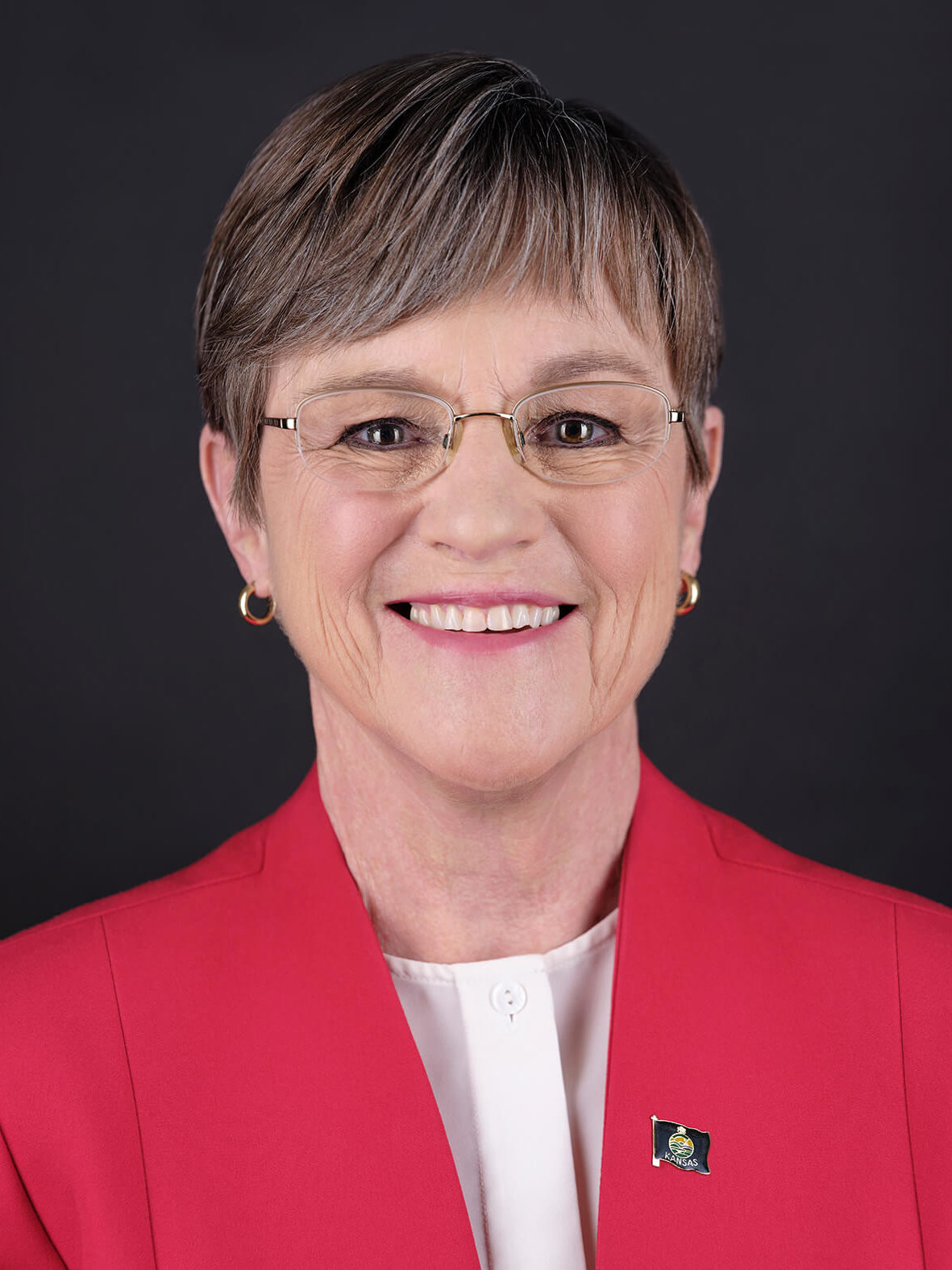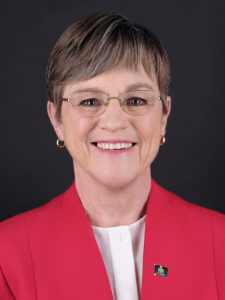Democratic Gov. Kelly wins 2nd term in GOP-leaning Kansas

By JOHN HANNA AP Political Writer
TOPEKA, Kan., (AP) — Democratic Gov. Laura Kelly won reelection in GOP-leaning Kansas, overcoming Republican efforts to tie her to President Joe Biden and high inflation and likely benefitting from moderate GOP and independent voters’ frustrations with a failed summer attempt to tighten abortion laws.
Kelly defeated Republican Derek Schmidt, the state’s three-term attorney general, after highlighting Kansas’ improved finances and greater spending on public schools on her watch, as well as successes in luring businesses. Kelly’s support for abortion rights also likely played an important role, though she didn’t emphasize that issue in her fall campaign.
“The people of Kansas sent a very clear message at the polls yesterday. Kansans said we will keep moving forward as a state, full steam ahead – there will be no turning backward,” Kelly said Wednesday in a statement declaring victory. “Perhaps above all, I believe Kansans voted today for civility, for cooperation, for listening to one another, and for a spirit of bi-partisan problem-solving, that’s become all too rare in our politics today.”
Her victory was a bitter defeat for Republicans. They had high hopes of ousting the only Democratic governor seeking reelection this year in a state that ex-President Donald Trump won easily in 2020.
Schmidt conceded Wednesday afternoon, after The Associated Press called the race for Kelly.
“If there is any disappointment beyond the immediate sting, it is having witnessed up close the concerning tendency of modern political discourse to veer away from discussing the great public issues we must solve together,” Schmidt said in a statement, arguing that Kansas residents are paying “excessive” taxes and the budget picture looks rosy only because inflation has swelled tax collections.
David Toland, the state’s commerce secretary, was elected lieutenant governor on Kelly’s ticket. He is likely to remain commerce secretary as lieutenant governor.
The number of votes counted Wednesday showed that the turnout would exceed unusually high number of ballots cast for the August election on the abortion question.
Democrats were energized in August by a statewide vote decisively rejecting a proposed amendment to the Kansas Constitution that would have cleared the way for tighter restrictions on abortion or a ban of the procedure. Schmidt supported the measure while Kelly opposed it, and Kelly credited the issue in remarks to supporters with helping her win.
Independent and moderate Republicans were key, having swung to Kelly in 2018 in her race against then-Kansas Secretary of State Kris Kobach, a nationally known hardline provocateur on immigration and voter ID issues who was elected to be the state’s new attorney general. Schmidt hoped to win them back, but his effort was complicated by a challenge from his right from an independent candidate, state Sen. Dennis Pyle, one of the Legislature’s most conservative members.
Pyle received only a small part of the vote, but it was larger than the gap between Kelly and Schmidt. Pyle argued that he was not the cause of Schmidt’s loss, saying the GOP nominee “could not win” and adding in a statement that his campaign told the party “Kansas needed a strong conservative candidate.”
Kelly’s fundraising for her reelection campaign approached $8 million, while Schmidt raised about $4 million in cash contributions, though in late October the Kansas GOP was paying for mailings for him. Spending on television ads by the candidates and outside groups exceeded $40 million.
Schmidt echoed Republican candidates across the U.S. in trying to tie the Democratic incumbent to Biden. In their second and final debate, Kelly refused to answer when he asked whether she thought Kansans were better off than they were two years ago, adding, “I have stayed focused like a laser on Kansas, not on the federal government.”
Kelly also touted her efforts to lure new jobs to Kansas, suggesting that work helped the state weather national economic problems. Less than a week before Tuesday’s election, she participated in a groundbreaking ceremony in the Kansas City area for a multibillion-dollar mega-factory for electronics giant Panasonic Corp. to build electric-vehicle batteries, attracted by taxpayer-funded incentives worth $829 million over 10 years, the largest package the state had ever offered a private business.
Kelly ran as the self-described “education governor,” touting higher spending on public schools, the state’s improved finances and efforts to lure businesses to the state. Democrats tried to link Schmidt to former GOP Gov. Sam Brownback, who launched a nationally notorious experiment in cutting income taxes in 2012 and 2013 that was followed by huge, persistent budget shortfalls.
Schmidt chided Kelly for what he called her “unhealthy obsession” with Brownback. He also sought to turn the issue of education against her by highlighting her March 2020 pandemic-related decision to close K-12 school buildings until the fall.
Schmidt also painted Kelly as anti-police for calling systemic racism a problem following the May 2020 police killing of George Floyd in Minneapolis. And Republicans highlighted Kelly’s vetoes of two proposals to ban transgender girls and women from girls’ and women’s school, club and college sports teams.
Republicans won three other statewide races. State Rep. Steven Johnson unseated Democratic State Treasurer Lynn Rogers, and Secretary of State Scott Schwab and Insurance Commissioner Vicki Schmidt were reelected.
Kansans voted yes to keeping six justices on the state Supreme Court for another six years, even though five were targeted for removal by the state’s most influential anti-abortion group. The court ruled in 2019 that access to abortion is protected by the Kansas Constitution.
Finally, voters approved a proposed amendment to the Kansas Constitution making it harder to remove county sheriffs from office.









